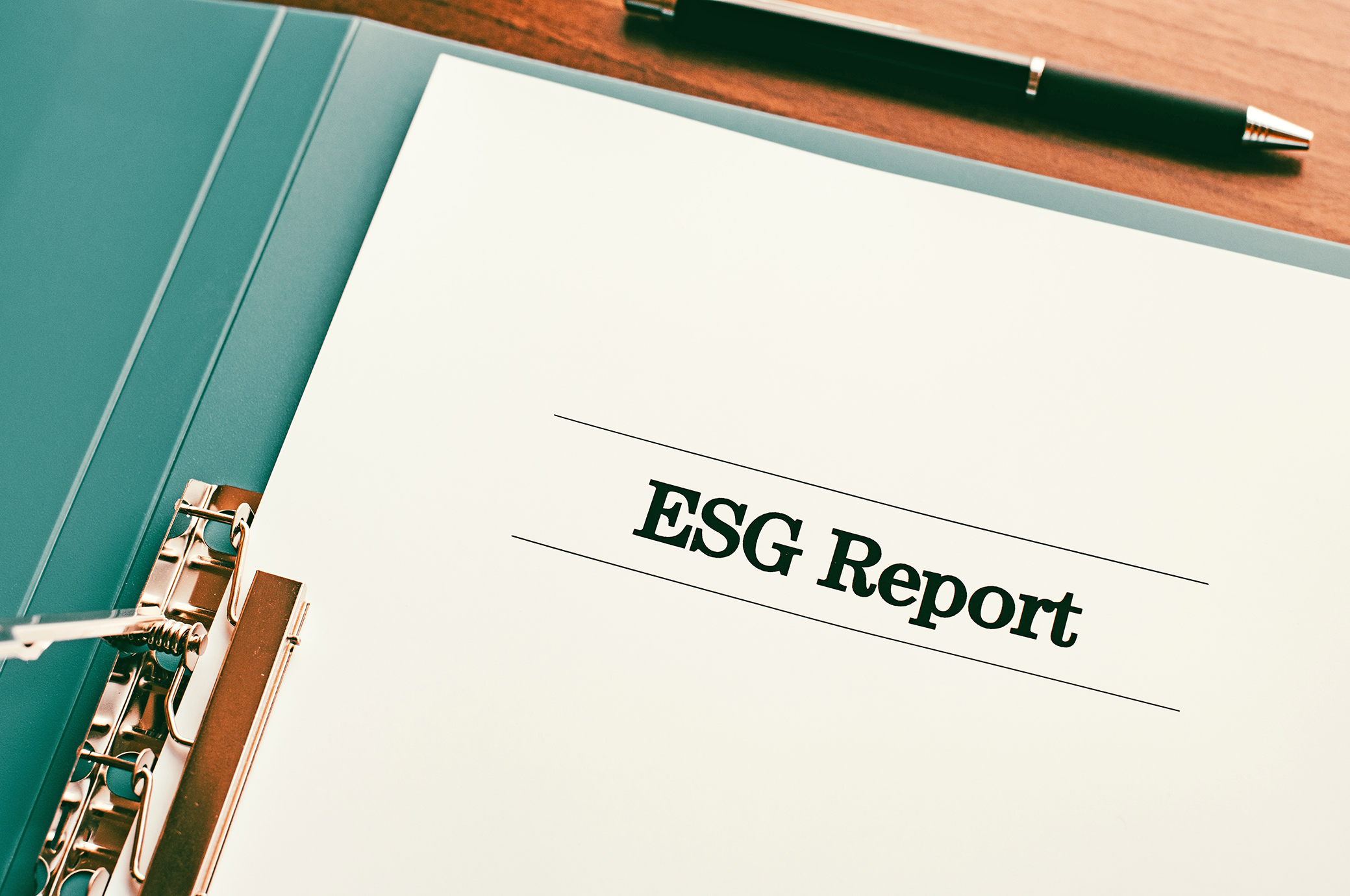ESG Compliance in Hungary: Changes, Requirements and Deadlines

Based on different criteria, a range of businesses will be required to start filing ESG reports between now and 2027, in each case reflecting the previous year’s results.
Photo by Mameraman / Shutterstock.com
With the implementation of the ESG Act by the Hungarian Parliament, alongside additional requirements for domestic companies set by the Council of Europe, the landscape of sustainability reporting in Hungary has begun its transformation towards a more transparent future.
“The ESG law adopted in January sets new expectations for domestic companies, which include not only reporting but also risk management and complaint handling, among other things. The ESG Act creates not only a new obligation but also an opportunity for companies to build relationships across the supply chain and start collecting sustainability data,” says Réka Szücs, sustainability service line leader at Deloitte.
“For domestic companies, it is also an important ESG-related obligation to prepare an ESG report in accordance with the ESG Act. Those obliged by the law are large domestic companies, [...] the deadline for publishing the report is within six months after the end of the business year,” she adds.
Julianna Nagy, senior manager and head of ESG and climate change services at KPMG Hungary, breaks down the criteria for which companies must hand in sustainability reports in accordance with the ESG Act.
“The scope of the ESG Act covers companies with headquarters in Hungary. Among them, businesses of public interest who meet at least two of the following three criteria for 2023 must present ESG reports for the 2024 business year next year: Balance sheet totals greater than HUF 10 billion, annual net sales of over HUF 20 bln, and more than 500 employees,” she explains.
“In 2026, a report for the 2025 business year must be prepared for the first time for those large companies that meet at least two of the following three conditions this year, [the criteria being] balance sheet totals higher than HUF 10 bln, annual net sales of over HUF 20 bln and over 250 employees during the business year,” says Nagy.
“According to this, thousands of Hungarian enterprises must prepare a report, some of them from 2025 based on the 2024 reporting period, a larger section from 2026 based on the 2025 reporting period. Besides, SMEs of public interest are also obliged to do so from 2027 on the 2026 reporting period,” Nagy warns.
Multinational Subsidiaries
Ákos Lukács, head of climate change and sustainability services at EY, addresses the question of the Hungarian subsidiaries of large, internationally-listed companies.
“[They] must provide their parent company with data for the 2024 business year, which does not entail the publication of an independent report, but the number of affected stakeholders in Hungary may exceed several hundred in 2024,” he explains.
“The location of the audited sustainability reports is the [companies’] annual report, so these reports must typically be completed and submitted to the respective companies in the first quarter of the year following a business year,” Lukács points out.
“In addition to the Sustainability Report, the concept of an ESG Report has also been introduced, which covers roughly the same scope of companies as the Sustainability Report; however, the two reports are not the same,” he cautions.
“The ESG Report is […] for supplier, screening and risk management purposes, the origin of which can be found in the EU Corporate Sustainability Due Diligence Directive regulation and the German Supply Chain Act. Its exact minimum content requirement is expected to be published in the future by decree,” Lukács adds.
Management Requirements
Apart from the basic requirements for a transparent sustainability report, Hungarian companies are also expected to carry out additional management tasks under new requirements for ESG compliance, according to KPMG’s Nagy.
“At least once a year, [companies] must carry out a risk analysis covering suppliers and develop systems suitable for dealing with them, which also deal with problems identified with subcontractors,” she explains.
“[Companies] must fill out a declaration with all their suppliers on the fulfillment of human rights and environmental protection requirements, and they must expand their complaint reporting system according to the Complaints Act to handle violations of obligations related to social responsibility or environmental protection, which must also be enforced with suppliers,” Nagy shares.
“These tasks must also be extended to the suppliers’ suppliers, meaning that the obligation ripples through the entire subcontractor system,” she points out.
“In addition, large companies must develop their own ESG strategy and internal ESG compliance system and prepare an ESG report on the fulfillment of their due diligence obligations for sustainability purposes on an annual basis. They can also involve their suppliers in this activity,” Nagy concludes.
Regarding mandatory reporting for Hungarian companies in 2024, one of the first filings for specific organizations will be the carbon border adjustment mechanism (CBAM) report, an initiative to decrease carbon emissions within the European Union by increasing tariffs on importing carbon-intensive products.
The transitional period for CBAM in Hungary ran from October to December 2023. Hungarian importers of products such as cement, steel, fertilizers, and other carbon-intensive imports now have to file reports with the European Commission based on the fourth quarter of 2023, according to a press release from PwC Hungary.
Although the previous deadline for mandatory reporting was Jan. 31, users can request a 30-day extension before filing, the press release says. “The possibility of postponement does not affect the possibility of correcting the report, which can be done until July 31, 2024,” PwC adds.
This article was first published in the Budapest Business Journal print issue of February 9, 2024.
SUPPORT THE BUDAPEST BUSINESS JOURNAL
Producing journalism that is worthy of the name is a costly business. For 27 years, the publishers, editors and reporters of the Budapest Business Journal have striven to bring you business news that works, information that you can trust, that is factual, accurate and presented without fear or favor.
Newspaper organizations across the globe have struggled to find a business model that allows them to continue to excel, without compromising their ability to perform. Most recently, some have experimented with the idea of involving their most important stakeholders, their readers.
We would like to offer that same opportunity to our readers. We would like to invite you to help us deliver the quality business journalism you require. Hit our Support the BBJ button and you can choose the how much and how often you send us your contributions.










